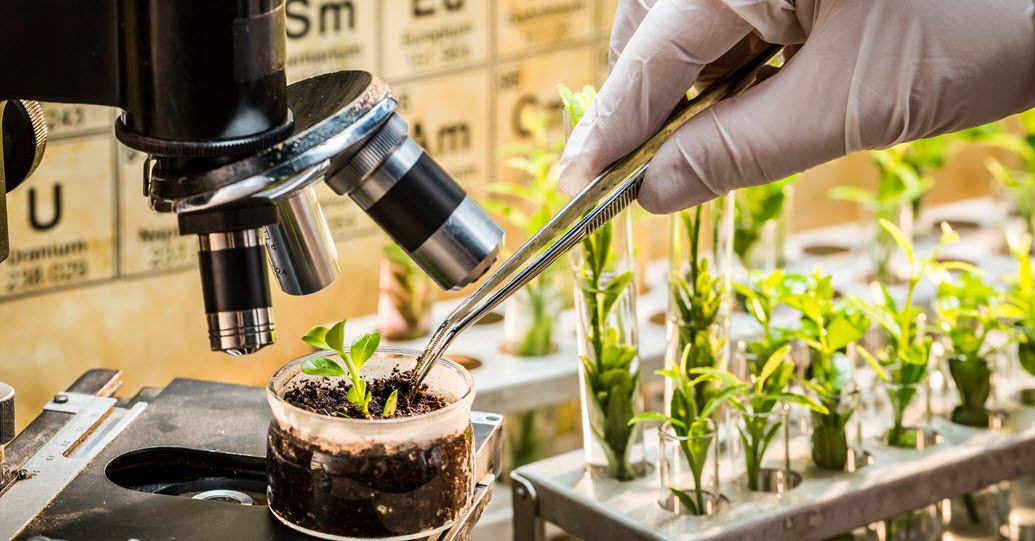How Male Sterility Helps Us Grow Better Crops?
How Male Sterility Helps Us Grow Better Crops
Ever wondered how grocery stores always seem to have perfectly uniform fruits and vegetables? It's not magic (although it can seem pretty impressive!), but it does involve some clever plant science. One tool plant breeders use is called male sterility, and it plays a key role in creating those consistent, high-quality crops we all enjoy.
What is Male Sterility?
Imagine a plant that can't produce pollen, the tiny grains that fertilize flowers and lead to seed production. This is exactly what happens in male-sterile plants. They can still grow beautiful flowers, but they lack the "male parts" needed to make pollen.
Why is this useful?
This might seem like a bad thing for the plant itself, but for plant breeders, it's a valuable tool! Here's why:
- Easier Cross-Pollination: Normally, breeders need to carefully remove the male parts (called emasculation) from a plant they want to breed. This is time-consuming and delicate work. Male-sterile plants eliminate this step, allowing for easier and more efficient cross-pollination.
- Controlled Breeding: With male-sterile plants, breeders can be more certain which pollen fertilizes the flower. They simply introduce pollen from the desired parent plant, creating a specific hybrid seed. This helps ensure consistent results and desired traits in the offspring.
- Hybrid Power: Hybrid plants are often more vigorous, disease-resistant, and productive than their parent varieties. Male sterility allows breeders to easily create these hybrids by controlling which plants can mate.
How Does Male Sterility Happen?
There are two main ways a plant can be male sterile:
- Genetics: Some plants have genes that naturally prevent pollen formation. Breeders can identify and use these plants to create male-sterile lines for breeding programs.
- Chemicals: In some cases, breeders can apply specific chemicals to plants to temporarily induce male sterility. This is a more controlled approach but may not be suitable for all situations.
Benefits of Male Sterility:
- Increased Seed Production: Easier cross-pollination and controlled breeding can lead to higher seed yields for farmers.
- Improved Crop Quality: Hybrid seeds produced using male sterility often lead to more consistent and desirable traits in fruits and vegetables.
- Faster Breeding Programs: Male sterility saves breeders time and effort, allowing them to develop new varieties of crops more quickly.
The Future of Male Sterility:
Plant scientists are constantly researching new ways to use and improve male sterility. They're exploring genetic modifications and other techniques to create more reliable and efficient male-sterile lines. This will further revolutionize plant breeding and help us develop even better crops for the future!
So next time you bite into a perfectly crisp apple or a juicy tomato, remember the unseen heroes of plant breeding – male-sterile plants!

Ohhh interesting!
ReplyDelete